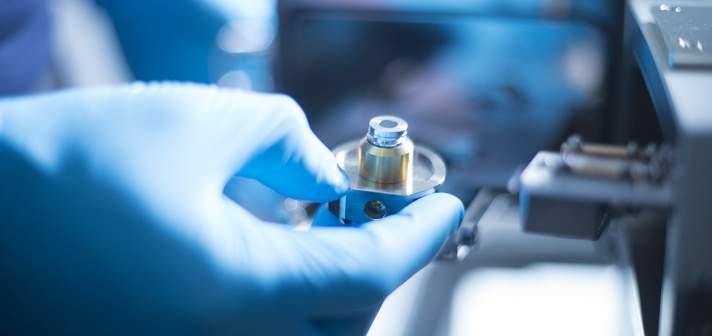Natural Sciences

Many people pursue a degree in natural sciences as a way of following their broad scientific interests while keeping their options open regarding further specialism of study and eventual employment.
It’s certainly true that a natural sciences degree will provide you with a broad ranging scientific education. It will equip you with scientific and technical skills as well as professional skills to find employment in both scientific and non-scientific sectors.
What skills will I gain during my degree?
The specific skills and knowledge gained during your degree will depend to a large extent on the pathway you choose. However, in general terms, you can expect to gain the following key skills:
- Analytical skills
- Problem-solving skills
- Multidisciplinary scientific research skills
- Practical scientific and laboratory skills
- Numerical and data analysis skills
- IT skills
- Communication skills
- Organisational and teamwork skills
- An ‘interdisciplinary mindset’ – helping you see the bigger picture and links between different areas of knowledge and research, an important attribute in further study or graduate employment.
How can I develop my skills and gain experience during my degree?
Due to the wide range of potential career options and sectors open to you as a natural sciences student, it is important to start to consider your options early on in your course. Look for opportunities to gain relevant experience and skills within your areas of interest whether this is in a scientific or in a non-scientific sector.
Get a summer internship
Summer internships are also a great way to gain experience, whether in science or non-science based roles.
Find out more on the Natural Sciences' Placements webpage
The Nottingham Internships Scheme, for example, offers a range of local paid internships with companies in Nottingham, and other sources of vacancies are listed on our work experience pages.
Find out more about the Nottingham Internship Scheme
Explore summer research placements
Summer research placements are available through the schools you are connected to. Talk to school staff to find out more.
Find out more on the Natural Sciences' Placements webpage
Try Students in Classrooms
There are three initiatives which will give you the opportunity to work in a local educational setting. These initiatives support the academic attainment and raise the aspirations of primary and secondary pupils, while developing the skills and employability of those involved.
These are excellent opportunities for students considering teaching, youth work or community engagement as a career.
Students in Classrooms
Consider an optional placement year
You can now undertake an optional placement year as part of your degree at the end of your penultimate year of study. The placement can be aligned to your degree discipline or related to your career aspirations. Speak to a career adviser or your school for more information.
Optional Placement Year
Get involved in Students' Union activities
Get involved in activities including volunteering and societies such as NatSciSoc.
Students' Union
Join the Nottingham Advantage Award
The Nottingham Advantage Award offers a range of modules to help you expand, develop and evidence your skills and experience during your time at university.
Nottingham Advantage Award
What are the range of careers I could enter?
Studying natural science at university lends itself to a wide variety of future career paths, including undertaking further study to specialise in a particular area of interest. According to Graduate Outcomes from 2016 to 2021, natural science graduates have gone into the following industries:
- Human health and social work
- Professional, scientific and technical
- Information and communication
- Education occupations
- Biochemists and biomedical scientists
- Programmers and software development professionals
- Secondary education teaching professionals
- Actuaries, accountants and statisticians
Typical employers have ranged from NHS Trusts, Experian, JP Morgan, Sky, AON and BAE Systems.
Further study
What are my further study options? Watch our webinar on PhD study
Further study can be used to develop your understanding of a specialist area or to gain new skills which allow you to supplement your existing knowledge for a specific career.
This can include courses like the Postgraduate Certificate in Education graduate entry to medicine, law or veterinary medicine and master's courses.
PhDs have been undertaken in biology, physics, math, biochemistry and genetics.
Thinking about a PhD? How to get started and how to apply
In these two videos, Dr Judith Wayte from the University of Nottingham provides clear and wide-ranging advice on:
- how to get started: what to take into account, and how to gather relevant information
- on the application process and how to prepare for interviews
Login to SharePoint to watch the webinar
- Alumni: Email us to gain access to the webinar
Explore more...